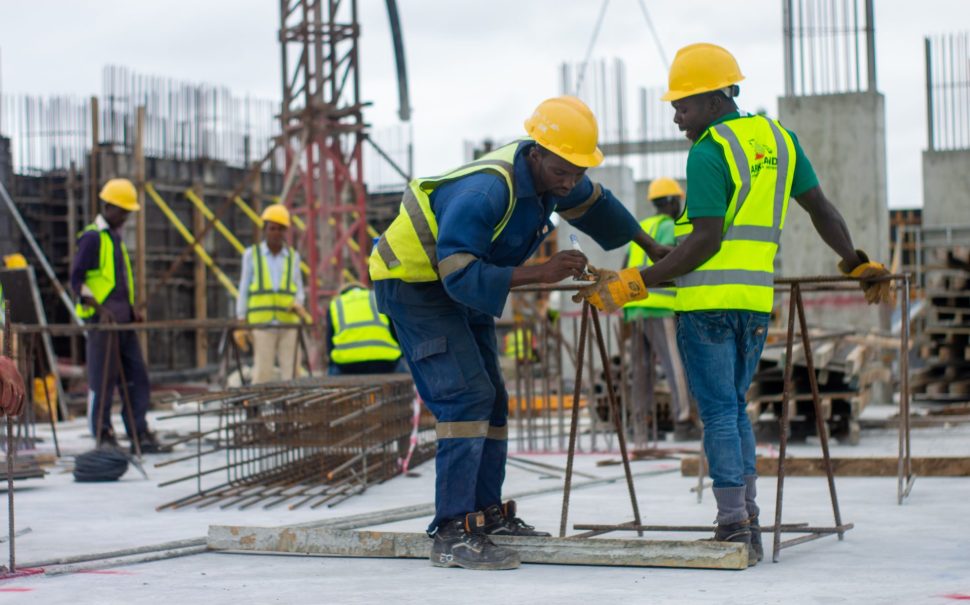Men in construction are four times more likely to die by suicide than the UK average accounting for nearly nine fatalities per week.
This comes from a 2022 report from the Health and Safety Executive (HSE) into workplace death relating to suicide.
Those working in occupations classed as low skill construction workers were the highest with 380 reported suicides followed by Metal Workers (239) and Decorators (214).
Mark Brooks OBE, the chair of the ManKind Initiative, a domestic abuse charity and head of UK Men’s day, believes that the cause is not simply one factor.
Brooks said: “Men’s mental health has not been taken seriously as it has needed to be for some decades now, especially given the number of men taking their own lives and the lack of men being supported by mental health services.”
He explained that the data shows higher suicide rates with unstable employment because most of those jobs are not guaranteed and this feeds into employment worries and financial concerns.
This especially happens as men get older and worry they are not physically able to do the job anymore.
This correlation is backed up by data collected by the Office of National Statistics (ONS) which shows in 2021, the most common age for male suicide is between 45 and 49 years old with 23.8 deaths by suicides per 100,000 men.
In construction, one such story is 30-year-old Chris’s, detailed by his partner through the Chartered Institute of Building (CIOB).
Chris was a veteran of the construction industry working in many of the UK’s leading construction companies and a loving husband and father to his family.
In 2019, Chris suffered a mental health crisis brought on by workplace stress which developed at an alarming speed and resulted in his life being cut short.
With no previously reported mental health issues, Chris reached out for help in February 2019, but within the next three months, his mental state deteriorated and anxiety and depression took a hold.
After taking some time away from his job, he returned earlier than he and his partner had agreed but the following week he died by suicide.
A report by The All Party Parliamentary Group (APPG) on the issues affecting men and boys found three primary causes for male suicide: external factors, universal issues and transitions.
External factors or stressors include situations such as family breakdown, addiction, bereavement and housing/financial concerns.
Universal issues are ideas such as loss of meaning or purpose or a lack of empathy on male well-being and transitions are such situations as the loss of employment or coming back from deployment to civilian life or the realisation of their own sexual orientation.
The most vulnerable time for men can be when these take place, for example, a male student is more likely to take their own life in the first year of studies.
Mark added: “What we have seen over the last few years is a fantastic growth in the number of grassroots and community based organisations supporting men’s wellbeing such as Men’s sheds.”
Before at a press conference and after his victory at UFC London in July 2022, Paddy ‘The Baddy’ Pimblett shared a powerful message about getting men talking following his friends suicide only a few hours before his weigh in.
He said: “Theres a stigma that men can’t talk, if you’re a man and you have weight on your shoulder and you think the only way is to kill yourself, please speak to someone.
“He would rather have his mate cry on his shoulder than cry when I have to carry his coffin.”
If you are affected by any of the issues raised within this article, please contact The Samaritans – call 116 123 or email [email protected].
You can also read more here.





